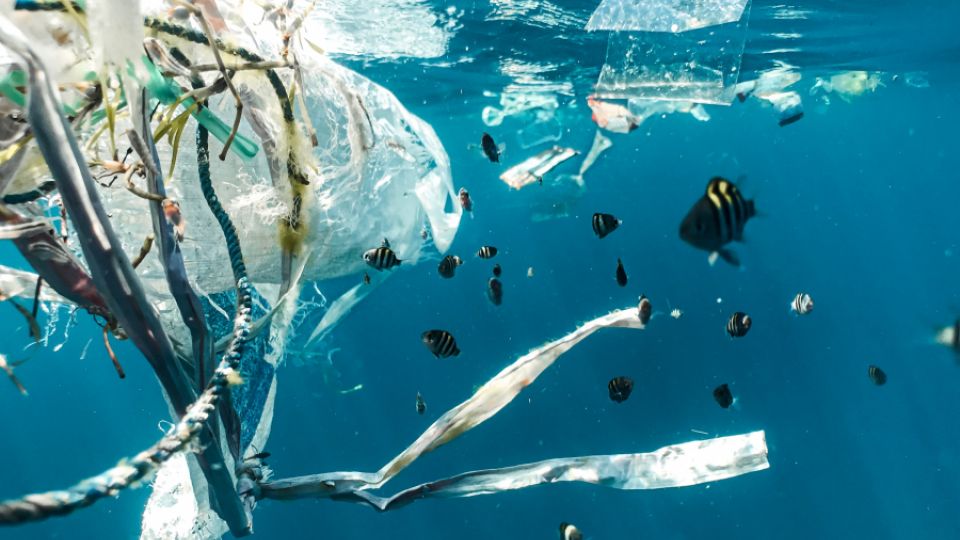Global representatives gathered in Nairobi, Kenya, at the 5th United Nations Environmental Assembly session this week. Consent on the need for a new global treaty on plastic waste pollution was achieved there. A legally binding international instrument to tackle plastic pollution is supposed to be constituted by 2024. This is a great milestone for campaigners including IPEN and the Arnika Association, as they had prepared a series of studies providing arguments that an urgent solution to the plastic crisis is necessary.
“Our research shows that local people in many countries are exposed to toxic substances in plastic waste. On the basis of previous studies, we know that even Czechia and the EU countries are no exception,” the author, Jitka Straková from IPEN and Arnika, says and further explains: “They suffer from their plastic waste policy that allows imports of goods made of recycled materials containing chemicals that were banned a long time ago. The toxic-free circular economy of plastics is an illusion for now.”
Despite the general consent of the assembly, there were tough negotiations about the details of the agreement. Should the international instrument be legally binding or not, and should it cover all plastic pollution or focus on marine litter? In the end, the representatives consented that an International Negotiating Committee should be set up this year and the negotiations will start in Nairobi. Their work shall be finished by 2024.
Day by day, there is more and more evidence about the undeniable harms caused by plastic waste, not only by the pollution itself but by releasing dangerous additives from plastic products as well. That is why the Arnika Association, together with IPEN, has been providing arguments for prohibiting dangerous chemicals in plastics for a long time. The toxic substances are already released into the environment during the production process of plastic materials. Furthermore, they contaminate the environment during the process of their disposal.
Roughly 300 million tons of plastic waste are produced globally per year. Of this, 11 million tons end up in oceans. We need to stop thinking that plastic pollution is not an isolated challenge. It is a single part of a cluster of problems such as biodiversity loss, chemical pollution, and climate change.
Check out IPEN´s publication on toxic plastics as a threat to the circular economy:







